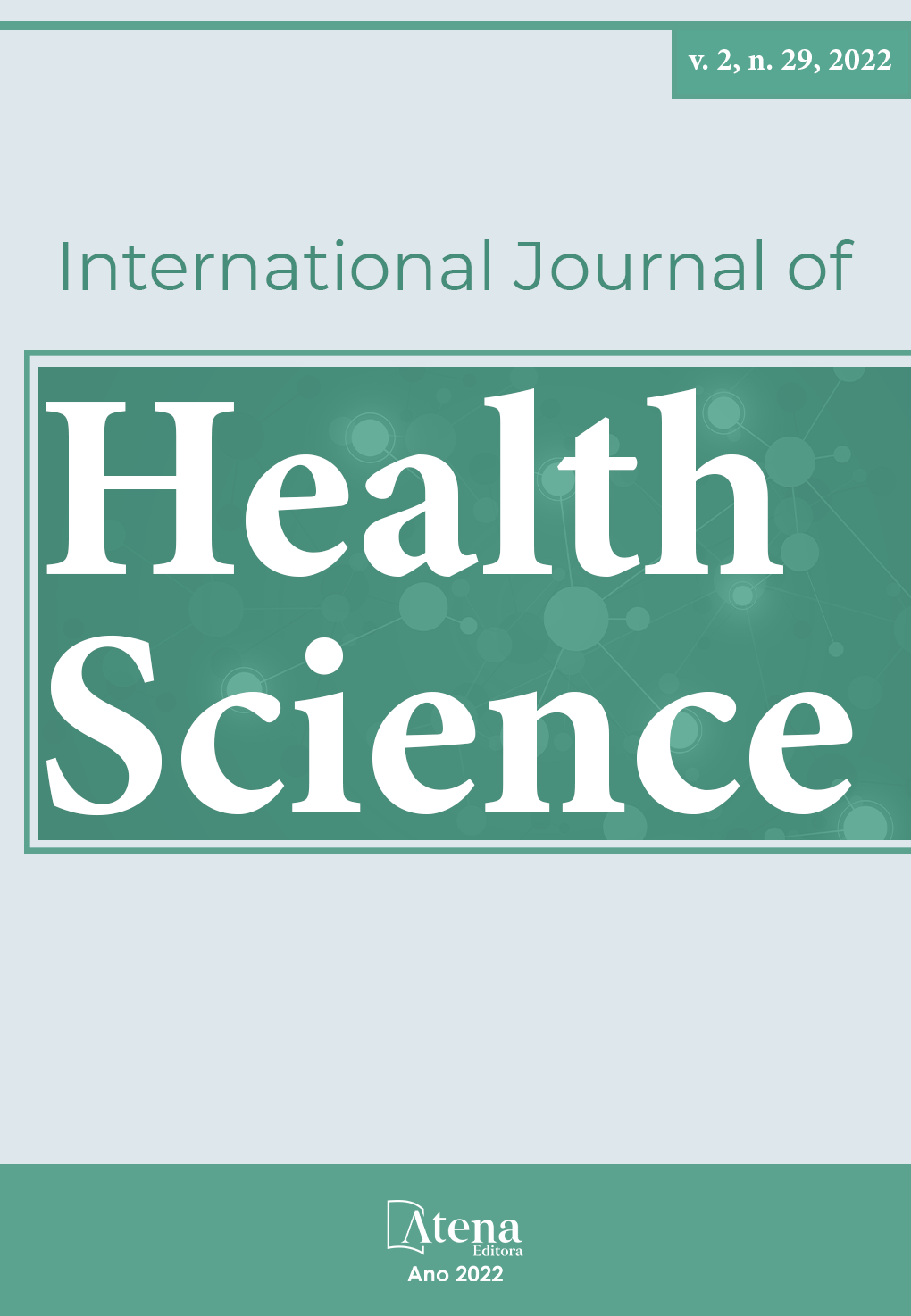
EFFECTS OF PHYSIOTHERAPEUTIC PROTOCOLS ON PATIENTS WITH COVID-19
Introduction: COVID-19 is classified into 3 stages: early infection, pulmonary stage and hyperinflammation stage, characterized by specific biochemical changes. Physiotherapeutic treatment focuses on assisting, treating and recovering patients, especially in severe cases that can lead to death. Interventions such as early mobilization (PM), Neuromuscular Electrical Stimulation (NMES), out-of-hospital protocols and Chinese and hindu alternative exercises can be used in the rehabilitation of COVID-19. Goal: To identify the effects of physiotherapeutic protocols applied in the rehabilitation of patients with COVID-19 in a systematic review without meta-analysi. Methodology: search in MEDLINE/PubMed, PEDro and SciELO databases, using the search strategies "physiotherapy" AND "COVID-19" NOT "remote control"; “rehabilitation” AND “COVID-19” NOT “remote control”, and their respective translations in Portuguese, combined with each other, present in the title or abstract. The surveys were carried out in September and October 2021. Conclusion: MP and the use of NMES, still in the critical phase of COVID-19, with the use of IMV and neuromuscular blockers, proved to be more efficient than the late start of the procedure, reducing the stay in the ICUs. Respiratory strength exercises improved: functional dependence, Autonomic Nervous System (ANS), quality of life (QoL), locomotion capacity, fatigue, cognition and breathing. Low and high-intensity aerobic exercises based on Maximum Heart Rate (HRmax) improved functional capacity, respiratory function, QOL, anxiety and sarcopenic symptoms. Alternative practices such as Acupressure, Liu Zi Jue and pursed lip breathing associated with Bhastrika Pranayama proved to be viable alternatives, which produced better functional capacity and QOL.
EFFECTS OF PHYSIOTHERAPEUTIC PROTOCOLS ON PATIENTS WITH COVID-19
-
DOI: 10.22533/at.ed.1592292208061
-
Palavras-chave: early mobilization; HRmax; rehabilitation; COVID-19; physiotherapy.
-
Keywords: early mobilization; HRmax; rehabilitation; COVID-19; physiotherapy.
-
Abstract:
Introduction: COVID-19 is classified into 3 stages: early infection, pulmonary stage and hyperinflammation stage, characterized by specific biochemical changes. Physiotherapeutic treatment focuses on assisting, treating and recovering patients, especially in severe cases that can lead to death. Interventions such as early mobilization (PM), Neuromuscular Electrical Stimulation (NMES), out-of-hospital protocols and Chinese and hindu alternative exercises can be used in the rehabilitation of COVID-19. Goal: To identify the effects of physiotherapeutic protocols applied in the rehabilitation of patients with COVID-19 in a systematic review without meta-analysi. Methodology: search in MEDLINE/PubMed, PEDro and SciELO databases, using the search strategies "physiotherapy" AND "COVID-19" NOT "remote control"; “rehabilitation” AND “COVID-19” NOT “remote control”, and their respective translations in Portuguese, combined with each other, present in the title or abstract. The surveys were carried out in September and October 2021. Conclusion: MP and the use of NMES, still in the critical phase of COVID-19, with the use of IMV and neuromuscular blockers, proved to be more efficient than the late start of the procedure, reducing the stay in the ICUs. Respiratory strength exercises improved: functional dependence, Autonomic Nervous System (ANS), quality of life (QoL), locomotion capacity, fatigue, cognition and breathing. Low and high-intensity aerobic exercises based on Maximum Heart Rate (HRmax) improved functional capacity, respiratory function, QOL, anxiety and sarcopenic symptoms. Alternative practices such as Acupressure, Liu Zi Jue and pursed lip breathing associated with Bhastrika Pranayama proved to be viable alternatives, which produced better functional capacity and QOL.
-
Número de páginas: 16
- Maria Carolina Dias Cerqueira Mascarenhas
- Vanessa Daldegan Gomes de Lima


